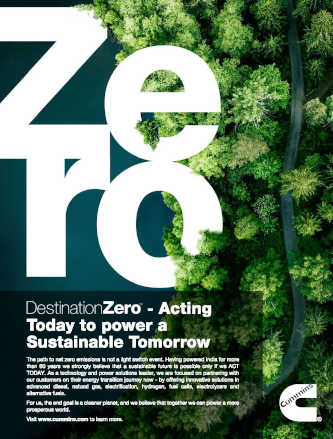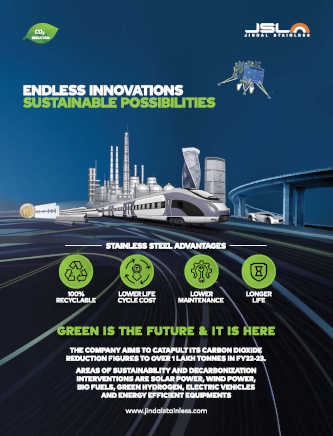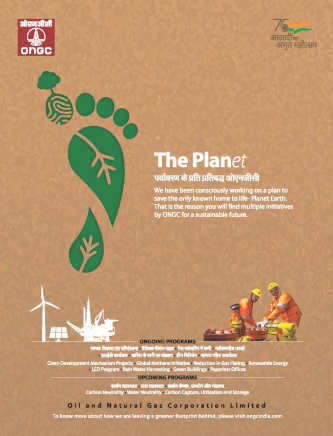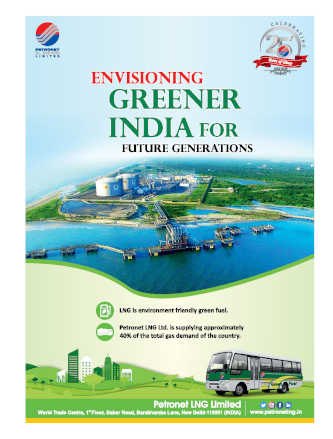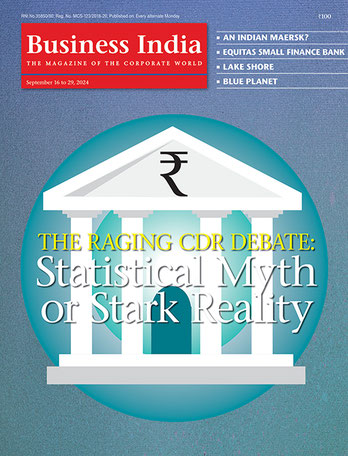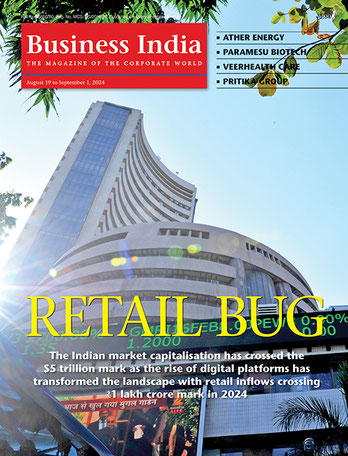GlobalData’s new smart cities report argues that the post-pandemic smart city should prioritise resilience over technological gloss. Economic downturn will combine with new pressing issues to redefine which smart city initiatives are the most prudent investments. Cities are currently under serious pressure because they have more problems and less money to resolve them with. On the one hand, the pandemic caused the GDPs of many countries and cities around the world to contract as social distancing measures limited economic activity. Furlough schemes to support those out of work were funded largely by quantitative easing, and this resulted in rising inflation rates in 2021 and 2022. This economic fallout means that municipal budgets will shrink, after being deliberately cut back by governments or eaten away by inflation – or both. On the other hand, cities are simultaneously facing a host of new or exacerbated challenges due to the pandemic. The fragility of healthcare systems in the face of pandemics has been exposed and will remain without the development of new infrastructures, such as infectious disease surveillance systems. Investment is needed to curb the digital exclusion of deprived citizens, which has accelerated because of the digitalisation of work, socialising, education, and shopping. Digitalisation has also resulted in businesses and cities becoming more vulnerable to cyber-attacks. According to Barracuda Networks, 44 per cent of all ransomware attacks in 2020 targeted municipalities. Geopolitical tensions between Russia, a capable and willing deployer of cyberwarfare, and the West will only increase the threats posed by cyber-attacks, as Joe Biden’s warning to American businesses on 21 March made clear. In the medium-to-long term, cities will be severely impacted by climate change. A survey of 1,000 cities by the Carbon Disclosure Project (CDP) found that 93 per cent faced significant climate hazards that put people and infrastructure at risk. These hazards include severe heat waves, water shortages, flooding, and other extreme weather events. More problems and less money mean that, now more than ever, cities will need to choose carefully which smart city initiatives to invest in. Given the formidable challenges they are facing, resilience must become the new focus of smart cities. Resilience can be achieved by developing infrastructure that tackles the aforementioned problems. Upgrading broadband infrastructure to expand geographical coverage and improve download speeds will ensure all citizens have access to the increasingly important digital facets of life. Health infrastructure, such as infectious disease surveillance systems, will help cities coordinate their responses to local outbreaks. Robust water infrastructure will prove essential as urbanisation causes demand to grow while climate change causes supplies to diminish. Cybersecurity will be essential for protecting these urban infrastructures and citizens’ data from criminals and hostile governments. AI, IoT, and connectivity technologies such as 5G underpin these infrastructures. For example, in 2021, Atlanta used AI-enabled IoT sensors provided by Olea Edge Analytics to identify malfunctioning water meters, saving water and money in the process. AI, and ML more specifically, is central to cybersecurity processes such as network traffic analysis and malware classification. In addition, digital twins will be another important tool with which cities can combat these challenges. For instance, digital twins of water infrastructures such as pipelines can improve maintenance with improved fault detection. Digital twins of entire cities can be used to simulate, and better prepare for, disasters such as the spread of infectious diseases and extreme weather events. By developing these infrastructures with these technologies, cities stand the best chance of addressing present and future challenges. Cities that fail to do this will remain vulnerable.
-

Atlanta used AI-enabled IoT sensors provided by Olea Edge Analytics to identify malfunctioning water meters, saving water and money in the process


